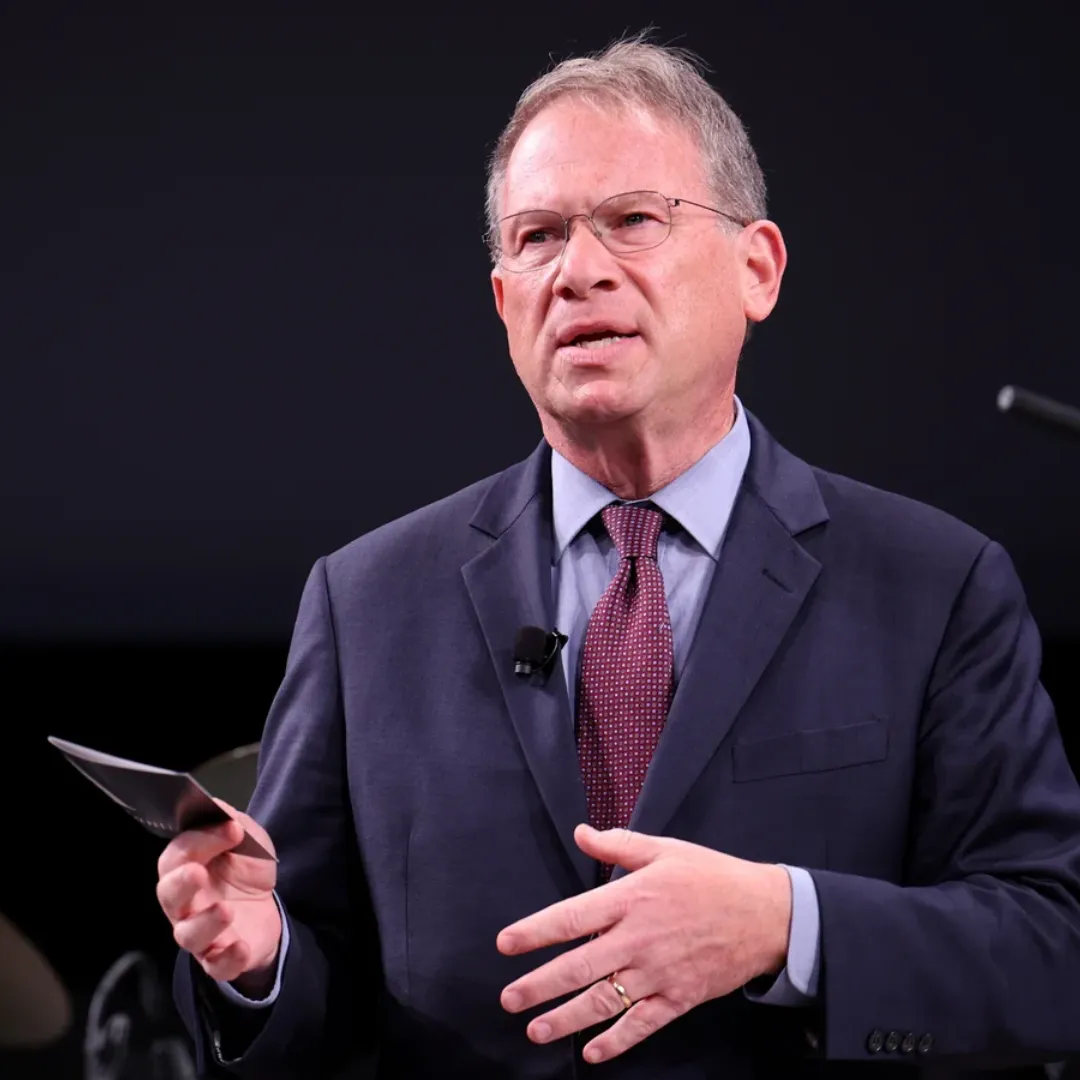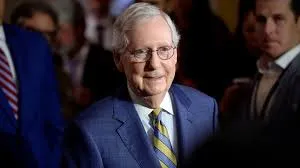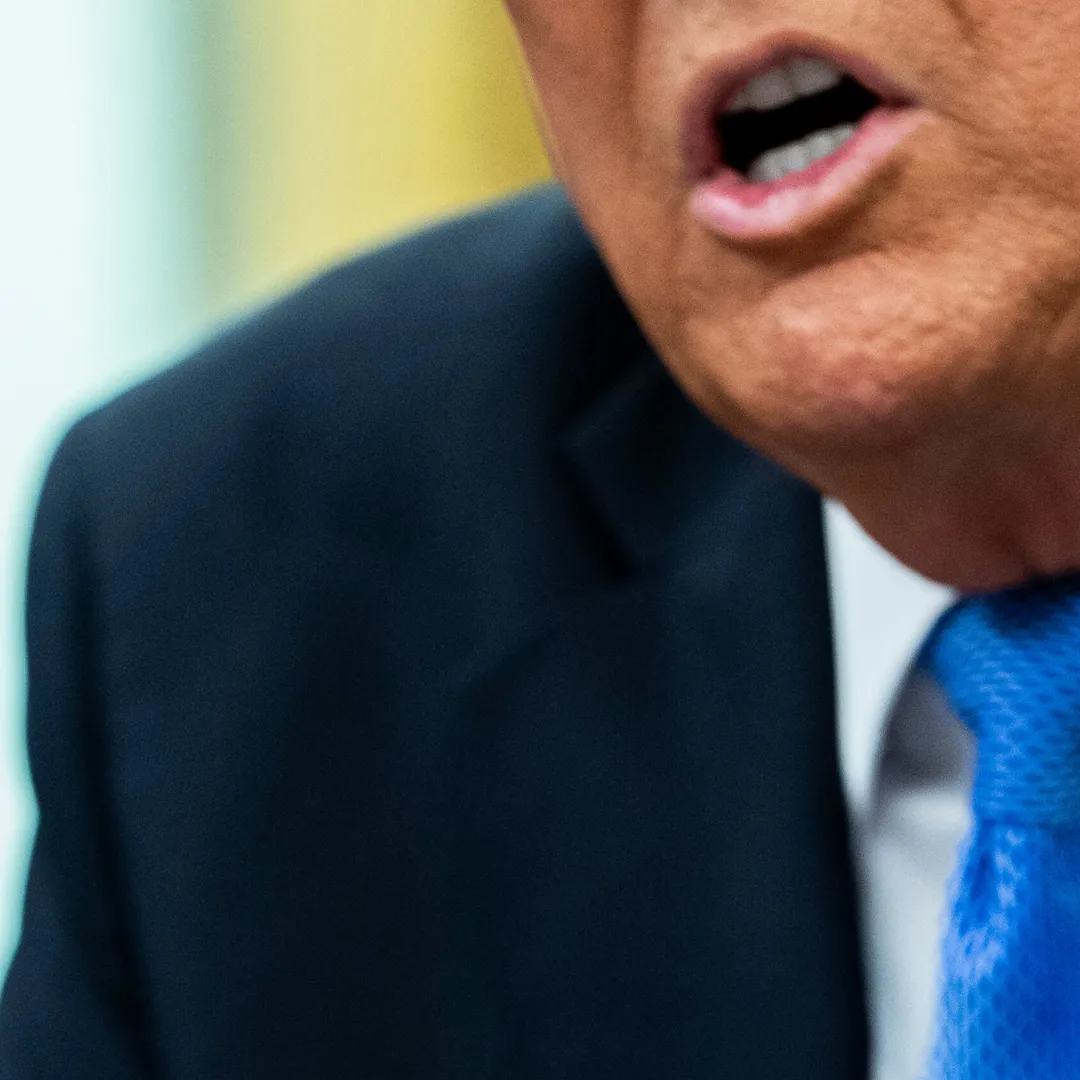A sharp political exchange has emerged between Rep. Jasmine Crockett (D-Texas) and Attorney General Pam Bondi, following a series of public criticisms and accusations related to Crockett’s comments about tech billionaire Elon Musk.
The verbal dispute has sparked a broader debate over political rhetoric, the boundaries of free speech, and the potential politicization of law enforcement positions.
During a House Judiciary subcommittee hearing on Wednesday, Crockett publicly rebuked Bondi’s remarks made on Fox News, calling them “a threat” and “politically charged.” Crockett emphasized her right to speak freely and accused Bondi of mischaracterizing her comments in a way that could provoke unwarranted public backlash.
“To have her go on Fox News, and to then decide that she wanted to send a threat to me, it was wrong,” Crockett stated firmly before the committee. “She is the highest law enforcement agent in this country and people are watching and consuming this information.”
The controversy stems from a livestreamed event last month where Crockett, in a casual and humorous tone, stated: “All I want to see happen on my birthday is for Elon to be taken down.”
Though the statement was not followed by any call to action or endorsement of violence, Bondi responded publicly, suggesting the comment was a form of incitement and demanding Crockett apologize.
Pam Bondi, who currently serves as Attorney General, took aim at Crockett on Fox News in back-to-back appearances, calling the congresswoman’s comments “dangerous” and “inappropriate.”
On March 23, during an appearance on Sunday Morning Futures, Bondi told host Maria Bartiromo: “Now you have this congresswoman, Crockett, who is calling for attacks on Elon Musk on her birthday? She is an elected public official, and so she needs to tread very carefully.”
One day later, Bondi escalated her rhetoric on Hannity, suggesting that Crockett had a duty to apologize “immediately” not just to her constituents, but also to shareholders of Tesla and the American public at large.
“She needs to unequivocally denounce the violence. She must apologize to all Texans, to our country, to the American shareholders of Tesla, because she is promoting violence,” Bondi claimed.
In response, Crockett expressed both frustration and resolve, asserting her comments were taken out of context and misused to create a narrative of political hostility.
“I don’t like Elon Musk, and I’m going to say it 50,000 times,” she declared during the Judiciary hearing. “That is not the same thing as calling for violence. That is not the same thing as inciting a riot.”
Crockett accused Bondi of misusing her platform as Attorney General to score political points while also undermining the First Amendment.
“People are watching and they are believing that simply because I decided I wanted to exercise my right to free speech... she wanted to politicize something that should not be politicized,” Crockett continued. “There is a real danger in turning disagreement into legal threats.”
At the heart of the conflict is a deeper conversation about where free speech ends and political accountability begins. Crockett’s defenders argue that her comments were metaphorical and clearly hyperbolic, made in a personal livestream, and well within her rights as a citizen and lawmaker.
Civil liberties experts agree that while public figures must be mindful of their influence, hyperbole — especially in non-official settings — is protected under the Constitution.
Dr. Alana Reeves, a legal scholar at NYU School of Law, noted: “The First Amendment protects even offensive or exaggerated political speech. Unless a statement directly incites imminent lawless action, it cannot be reasonably construed as a threat or incitement to violence.”
Others see the episode as a cautionary tale in an era of heightened political polarization and digital scrutiny, where every offhand comment is dissected for potential political gain.
Elon Musk, who has become a polarizing figure in American politics, was the unintentional catalyst in this latest partisan scuffle. The billionaire tech mogul has increasingly aligned himself with conservative narratives, especially on issues such as freedom of speech, censorship, and government regulation.
His acquisition of Twitter (now X) and vocal opposition to government oversight have made him a political lightning rod. For progressive lawmakers like Crockett, Musk represents a symbol of unchecked billionaire power and perceived hypocrisy around “free speech absolutism.”
“It’s not about Elon personally,” Crockett clarified. “It’s about a culture that protects billionaires from scrutiny while punishing everyday people for speaking their minds.”
As the exchange between Crockett and Bondi continues to circulate online, public reaction has been divided. Conservative media figures have rallied behind Bondi, framing Crockett’s comments as reckless and unbecoming of an elected official.
Progressive groups, meanwhile, have rallied around Crockett, accusing Bondi of overreach and weaponizing her office for partisan gain. Hashtags like #StandWithCrockett and #FreeSpeechUnderAttack trended briefly on social media in progressive circles.
Political analysts see the feud as part of a larger trend: the increasingly blurred lines between policy debate, personal attacks, and performative outrage.
Several lawmakers from both parties have called for de-escalation, urging both sides to prioritize respectful discourse.
Rep. Adam Schiff (D-Calif.) tweeted: “We should be able to disagree without accusing each other of incitement. Hyperbole is not violence. Let’s bring the temperature down.”
Sen. Lisa Murkowski (R-Alaska) also weighed in, telling reporters: “There’s a line, but we have to be careful not to redefine criticism as criminality.”
The debate continues not just in committee hearings or TV segments but across dinner tables and timelines — what can a public official say, and where does opinion end and responsibility begin?
The Crockett-Bondi episode is more than just a political spat — it’s a flashpoint in the broader conversation about speech, power, and the optics of public service. While the dust may settle in the halls of Congress, the questions raised will echo far longer.
Can a representative voice discontent without being accused of incitement? Can disagreement coexist with accountability? And most of all — who gets to decide where the line is drawn? In an age of viral soundbites and endless outrage cycles, those questions remain as urgent — and as unanswered — as ever.







